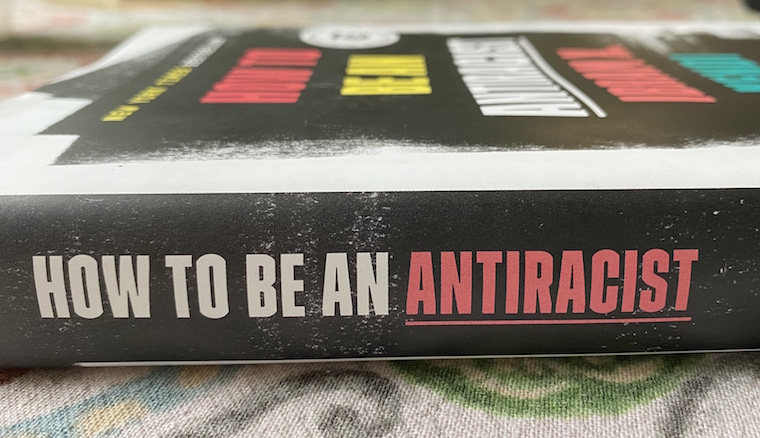Almost every single person who grew up in America is racist. You, me, and just about every other American we will ever encounter has been raised in a country where racism has been embedded for centuries. In the most basic ways, we are united in our racism. That’s not an easy thing to say, and it’s even harder to accept. Yet accepting that and coming to the realization of it is the first step in becoming an antiracist. Such is the challenge of overcoming racism as proposed by Ibram K. Kendi in his powerful book ‘How To Be An Antiracist’.
Like many of my open-minded friends, I’ve always prided myself on being one of the least racist people I know. Even the most harmless of racial jokes, made by the person whose race was the topic, always rubbed me the wrong way. Even when joking with fellow Filipinos about our culture, and painting a group of people with broad strokes, even when done in an affectionate and adoring way, made me uneasy. I heard it in family and friends, from strangers on the street and from the television and movie screen. I was keenly aware of those moments when we separated ourselves and attributed differences to each other based on race. At times, I may have been too keenly aware.
The first time I introduced Suzie to Andy and he said, “Oh, Suzie Chapstick!†I was about to leave his house because I thought he was making a chopstick reference to her Asian heritage, when in reality he was referencing a not-quite-famous-enough Chapstick commercial that I’d never seen. That’s how sensitively attuned my racial antennae were.
So it came as a somewhat of a shock to realize that despite how careful I’d been, I was still upholding racist notions and policies simply by existing and not actively working against them. Because at this point in our history, the racial inequities are so vast and irrefutable that simply not being racist is no longer enough, and complacency in allowing such inequities to remain is a racist act in itself. That’s a harsh truth to take, and some will argue against it. That’s their right. That’s your right. But for me, I am owning up to being a part of the system, and the first step in changing that is in such ownership.
Too many well-meaning people like to claim they are ‘colorblind’ and that they don’t see color or race, treating everyone as equal, and in an ideal world of equality this would work. But we don’t live in that ideal world. Far from it. The numbers don’t lie, and until such time as the racial inequities are erased, simply standing by and starting each day as if we are all equal ignores those inequities. It dismisses the fundamental and real state of our country. And it is, in its tacit agreement to go with the status quo, an act of racism. That took a while to sink in and understand. It took a while to re-examine my entire life with such a startling perspective. And, in the end, it helped me see that I was a racist in not doing more.
“The most threatening racist movement is not the alt right’s unlikely drive for a White ethnostate but the regular American’s drive for a “race-neutral†one,†Kendi writes. “The construct of race neutrality actually feeds White nationalist victimhood by positing the notion that any policy protecting or advancing non-White Americans toward equity is “reverse discrimination.â€â€
That’s a startling concept when you think about it. In a sterile environment where we start from a place of equality, the idea of not seeing someone’s race or color is, in abstract form, seemingly the most equal and fair way to begin. But we are not living in a sterile environment of equality; we are living in a country and world of socially-constructed hierarchies and labels, and they are so deeply ingrained in our make-up from birth, that it is very difficult for people to understand that we will never be able to truly start from a point of equality because that world has not existed in many lifetimes. That realization unlocked a lot of things for me, and looking at what is going on in our country now, I understand a little better.
This is my way of changing. It begins with a book. It begins with a blog post. It begins with sharing this with a friend, and another friend, and another friend. It begins with being open to something new, and open to changing long-held beliefs. It begins by opening up to being imperfect, to being racist at times. Most importantly, it begins by opening up to being antiracist, and all the challenges and hopes and possibilities that in turn opens up.
{You may order ‘How To Be An Antiracist’ here; also check out Ibram X. Kendi’s website here.}
Back to Blog

